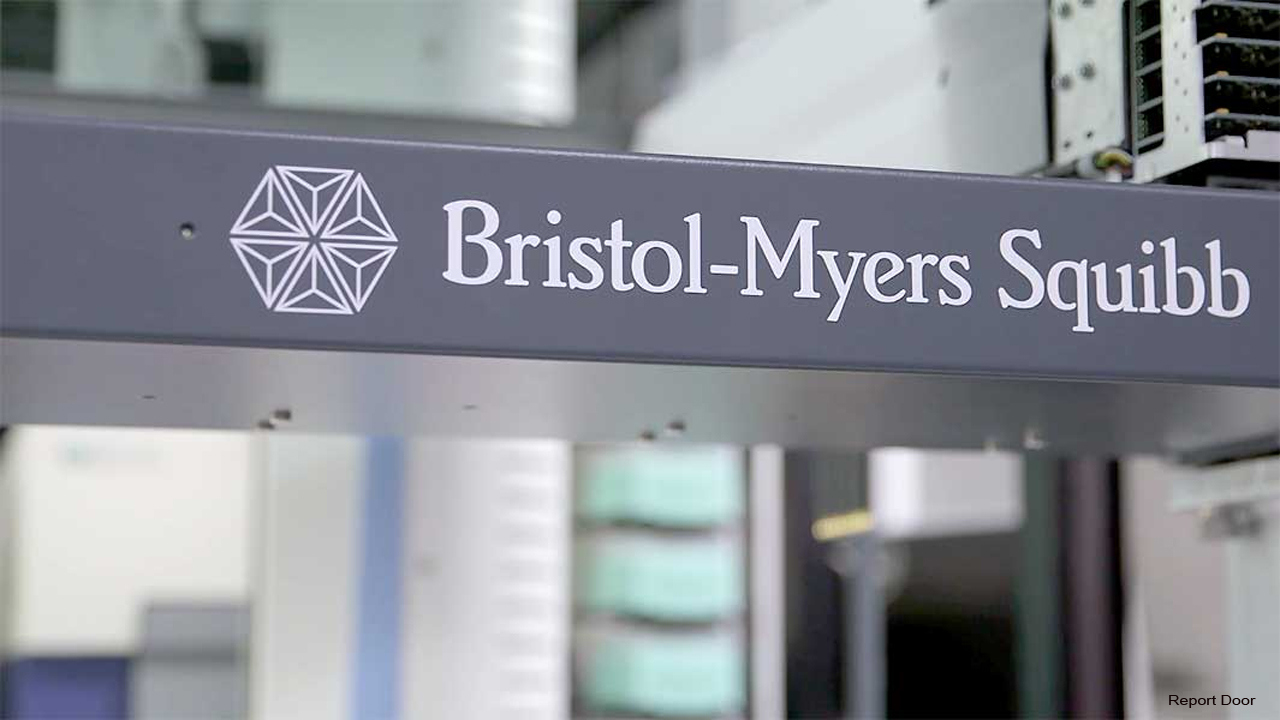Bristol Myers Squibb today announced an update on CheckMate -548, a Phase 3 trial evaluating the addition of Opdivo (nivolumab) to the current standard of care (temozolomide and radiation therapy) versus placebo plus the standard of care in patients with newly diagnosed glioblastoma multiforme (GBM) with O6-methylguanine-DNA methyltransferase (MGMT) promoter methylation following surgical resection of the tumor. Following a routine review of the study by an independent data monitoring committee (DMC), Bristol Myers Squibb was informed that based on the number of events to date, the study will not meet its primary endpoint of overall survival in patients with no baseline corticosteroid use or in the overall randomized population. The DMC indicated there were no safety concerns observed in patients treated with Opdivo that warranted stopping the study.
Based on the recommendation of the DMC, investigators will be unblinded to the treatment assignments of patients enrolled in the study. Patients will be counseled on their treatment options, and those currently deriving benefit from Opdivo are permitted to continue treatment if agreed to with their physician.
“Glioblastoma is aggressive cancer with a very poor prognosis that has seen limited new treatment options over the last 15 years,” said Michael Mandola, Ph.D., Oncology Development Program Lead, Bristol Myers Squibb. “We are disappointed that CheckMate -548 did not meet its desired outcome despite limiting enrollment to patients with MGMT promoter methylation, which we believed may have led to improved survival. We are grateful to the patients, caregivers and investigators for participating in this trial and will continue to work with the oncology community in the pursuit of effective therapies for patients with this difficult disease.”
The company will complete a full evaluation of the CheckMate -548 data and work with investigators to share the final results publicly with the oncology community.

 “Glioblastoma is an aggressive cancer with a very poor prognosis that has seen limited new treatment options over the last 15 years,†said Michael Mandola, Ph.D., Oncology Development Program Lead, Bristol Myers Squibb.
“Glioblastoma is an aggressive cancer with a very poor prognosis that has seen limited new treatment options over the last 15 years,†said Michael Mandola, Ph.D., Oncology Development Program Lead, Bristol Myers Squibb.









.jpeg)







.jpeg)

.jpg)










